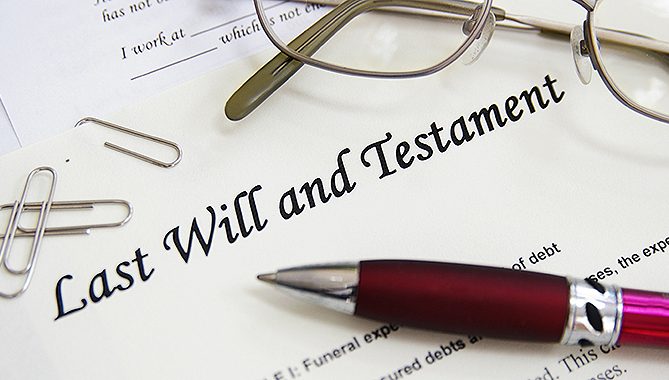 May 21, 2015 As Probate Judge, Judge Jordan is prohibited by law from giving legal advice even though he has been licensed to practice law for over 40 years.
May 21, 2015 As Probate Judge, Judge Jordan is prohibited by law from giving legal advice even though he has been licensed to practice law for over 40 years.
There are many reasons for that prohibition.
The same prohibition applies to his employees – even those who are not attorneys.
We cannot talk about a case on the telephone, read an email about a case, or read a facsimile.
The Rules of Judicial Conduct here in Georgia prohibit anyone, including attorneys involved in a matter, from talking to a judge about a case already filed in court, or which is going to be filed in court at a later time. The same rules apply to Court employees because one cannot attempt a contact with the judge indirectly through an employee. Furthermore, Court clerks are not attorneys and are not authorized to give legal advice in any context.
You would not want to receive advice from anyone, attorney or not, unless that person has talked to you extensively about the particular factual situation, and is familiar with the various laws pertaining to those facts. In any given fact situation, there may be minors, issues concerning title to property (both real and personal), tax consequences, incapacitated adults, creditors, etc. A particular action might cause later title problems. The issues can be many and those issues might be complex.
The court cannot permit employees to be placed in a position of having to testify as to advice given, or actions or forms which were recommended.
When you come into the Probate Court office to transact some business, you probably have a good idea of what you want to do, and how to do it. That may not always be the case, however.
An example which often occurs is the death of a spouse or parent, and someone comes into the office to probate the will, or administer the estate. A problem arises if that patron does not know which form to use.
All the deputy clerk is permitted to do is to give the patron an assortment of forms. The clerk cannot advise the patron regarding which form should be used. Why?
Giving such advice would be the prohibited giving of “legal advice.” In fact, even a certified paralegal in an attorney’s office is prohibited from preparing pleadings to be filed in court – the attorney must review and sign those pleadings himself or herself.
There exists a more practical reason also. Someone might get hurt if the wrong form is used.
Many times I have asked from the bench during a hearing “why” a certain form was used, and a petitioner responds that he or she just “picked” that particular one. When I explain that it may prohibit them from selling the real estate easily for up to 21 years, the inevitable “oh no” is heard.
In this series of brochures is one on the subject of finding an attorney. There are competent attorneys knowledgeable in the Probate Court areas of practice who are not out to charge as much as the market will bear. I used to charge minimal amounts for the drafting of wills on occasion simply for the reason that I believed everyone should have a will. There are other attorneys who feel the same today. Of course, there may be differences between rural and metropolitan areas, and in different geographic areas of the State.
Please always keep in mind that a short consultation with an attorney after someone dies may prevent the “pay a little now – or a lot later” saying from coming into play. That same principle applies with regard to other Probate Court proceedings such as guardianships and conservatorships.



